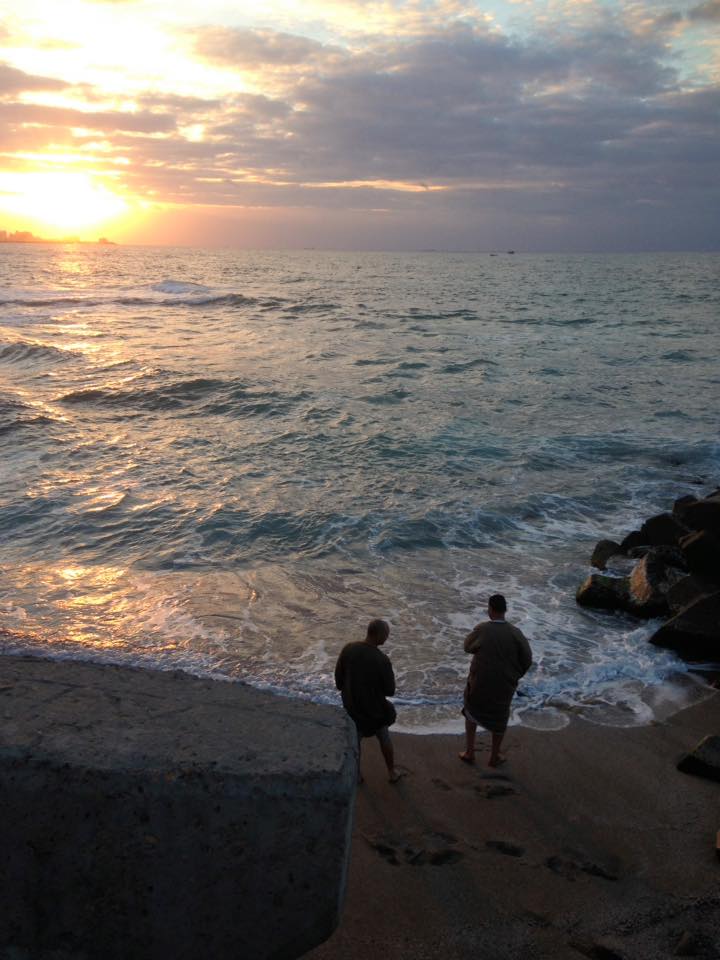
It’s that time of year, the “let’s dehumanise the Fellahin” season (or any rural visitor for that matter), as they escape the villages for some summer relaxation in Alexandria. The above-circulated caricature feeds into all the vile remarks made daily about the Fellahin, and echoes their ill-treatment on the corniche.
Let’s just go through three of the tired and misleading statements that Alexandrian residents frequently make.
1. “Fellahin make a mess of the beaches and the city.”
Because Alexandria is generally clean the rest of the year? The issue here is a lack of rules being applied and the shrinking public beaches that forces them to squeeze into tinier plots of public beaches. This is a governorate problem.
2. “Fellahin are the worst sexual harassers.”
Because Alexandrian sexual harassment is more refined? Nothing beats winter sexual harassment? By making such accusations, the responsibility is shifted away from the rule of law being applied equally to all, in order to fight harassment, and pushed, rather towards a particular group. This is a governorate problem.
3. “As soon as they arrive, I’ll leave Alex” or “they need to put a fee of 50 pounds at the city’s gates to reduce the numbers coming into Alex.”
The obvious bigotry and classism aside, putting blame on the citizen for over-population and lack of public space will continue to give a green light to the businessmen and mafia who keep eating up what is left of the city’s spaces. Once again, this is a governorate problem.
Don’t forget that similar insults were hurled at middle-class Cairenes who came in the summer up until the 1980s, that is before they gradually decided Sahel, Ain Sokhna etc were more fitting. It seems allowing rural visitors and the poor to access the sea, often for the first time, is beyond many to even contemplate.
Perhaps this denial of their rights can be put in perspective. The below photograph shows two middle-aged Ṣa’īdi men seeing the sea for the first time in their lives. They slowly entered the water with a profound curiosity and glee, and when I asked them how it felt, one turned around and shouted with a big smile: “meya meya!” (a hundred out of a hundred).
With all the economic misery and hardship that Egyptians, especially the poor, are enduring, do you really want to be complicit in the web that worsens their plight? By denying them their right to view, touch and enjoy the sea? To deny them access to the last remaining strongholds of beauty that has already been mostly privatised?

